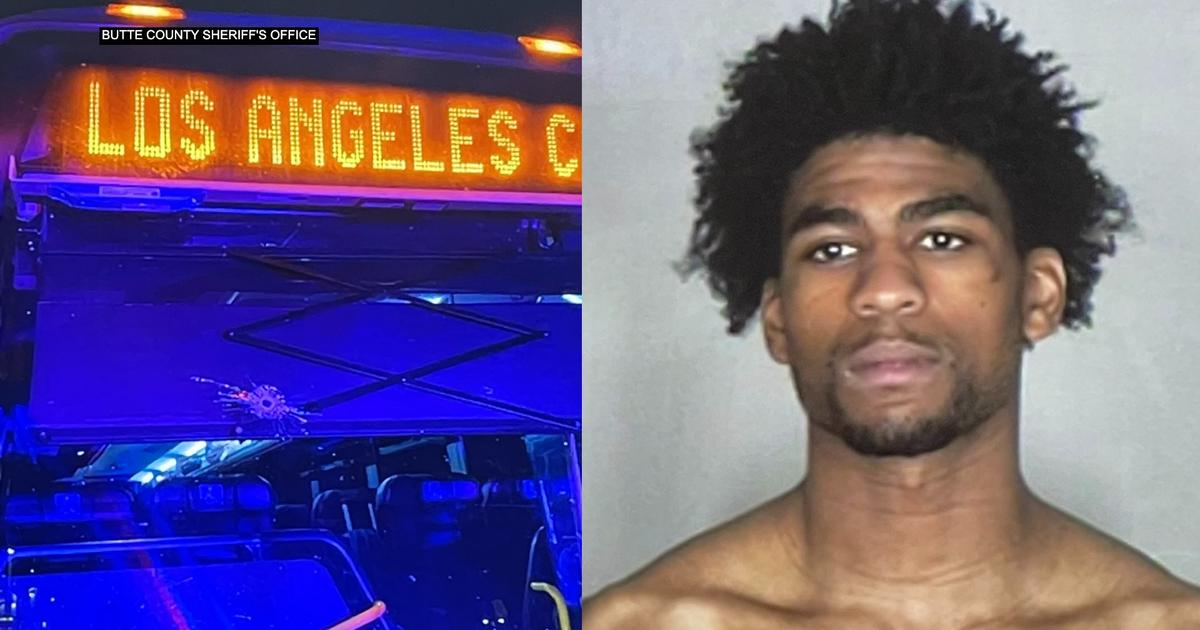Police Groups Support Calif. Tax Extensions
SACRAMENTO, Calif. (AP) -- California's major law enforcement organizations and the sheriff of its most populous county rallied Wednesday behind Gov. Jerry Brown's call for extending tax increases to pay for a new law that shifts responsibility for thousands of criminals from the state to local governments.
Los Angeles County Sheriff Lee Baca and officials representing prosecutors, police chiefs and probation officers joined Brown at the Capitol to urge Republican lawmakers to approve a special election during which voters would be asked to extend tax increases set to expire this year.
Brown's plan calls for $5.9 billion of the vehicle and sales taxes to fund the realignment. It's part of his effort to bridge the state's $26.6 billion budget deficit without resorting to an all-cuts budget. He already has signed bills cutting the budget by $11.2 billion by reducing spending and transferring funds.
Baca, whose county accounts for 30 percent of state prison inmates, said local law enforcement can do a better and cheaper job of punishing and rehabilitating criminals than the state but needs lawmakers to secure the money for jails and education programs if the realignment is to succeed.
Several law enforcement associations were angered when Brown signed the realignment law last week without having the funding in place. The realignment won't take effect unless it is backed by funding.
But the organizations are now allying with Brown, a Democrat, to lobby against an all-cuts budget they said would harm public safety along with public schools, colleges and universities, health care programs and other government services.
"This past fiscal year we were asked to cut to the bone," said Merced County Sheriff Mark Pazim, president of the state sheriffs' association. "This year, without this state constitutional amendment, we are looking at financial amputation."
Assemblyman Jim Nielsen, R-Gerber, responding for Republicans, predicted the realignment will overwhelm courts, jails and rehabilitation programs, leading to early releases and minimal punishments.
The counties would be responsible for adult offenders convicted of non-serious, nonviolent and non-sexual offenses, along with many parolees.
"That puts it way over the top, when you are going to compromise the personal safety of our families and you are going to compromise justice," Nielsen said.
(Copyright 2011 by The Associated Press. All Rights Reserved.)



